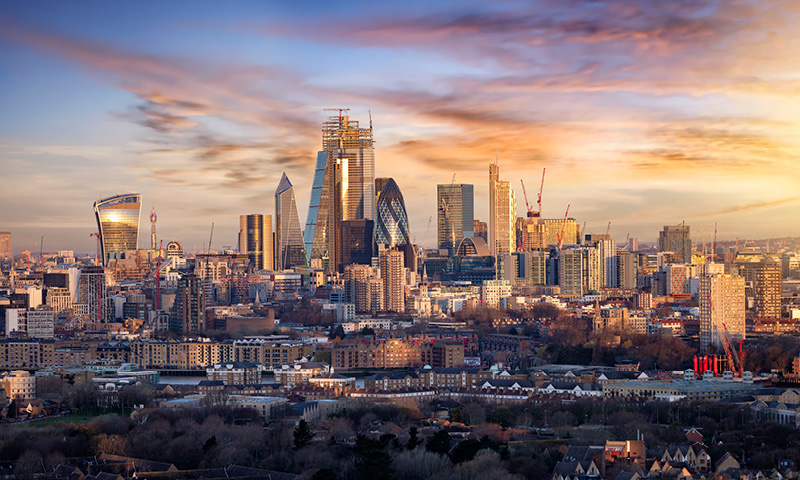13 February 2024
Let’s take for example, an individual called Ali who has built a thriving manufacturing business in North Africa. Having been educated in the UK himself, he wants to move his family here so that his children can have the same benefits he had. Ali’s plan was to create a new UK company to allow him to work here for the next ten years or so, before he and his wife return home when their children leave school.
Ali’s plan benefits the UK economy in multiple ways. As well as paying business and employment taxes, he will spend money on school fees, living expenses and entertainment. He would like to try to build his business in the UK while he is here, creating jobs and opportunities.
Ali’s plans are now on hold. He is concerned about rumours that a Labour government could tax him on his non-UK wealth within four or five years of arriving, even though that wealth has no UK connection beyond his temporary residence here. For Ali, losing up to 45% of his global income in tax is not a price worth paying for the benefits of a British education. Ali needs to make a decision about schools now, and despite loving the UK, he is looking to settle elsewhere.
Ali’s situation is similar to many business immigrants to the UK. Other examples are senior executives moving here on secondment, or wealthy families in search of security and the rule of law. None of these groups represent a drain on resources, and all of them generate UK jobs and growth. At a time when other countries are doing their best to attract these incomers, the UK political direction of travel seems perverse.
Allowing immigrants to settle in the UK indefinitely while paying less tax than anyone who happened to be born here would be difficult to defend. But introducing rules that tax temporary residents on wealth that has no connection to the UK and is never used here equally makes no sense.
Labour have outlined this week that they are fully committed to changing the UK’s tax rules for non-UK domiciled individuals (‘non-doms’). The shadow business secretary, Jonathan Reynolds, stated “I don’t think we need to be supplicants” and that the UK’s non-dom regime will be replaced with “a modern regime for people who are going to be in the country for a short period of time”. The UK would still have a lot to offer but the estimated £2bn revenues from Labour’s rumoured plans rely heavily on the proposed changes not having a material impact on the number of non-doms in the UK.
That is a big assumption. Latest figures from The Henley Private Wealth Migration Report indicate that the number of high-net worth individuals leaving the UK may have doubled from 1,600 in 2022 to 3,200 individuals in 2023. Their report suggests that only China and India are seeing more high-net worth individuals leave their shores, perhaps countries you would expect to see a larger outflow from given the comparative sizes of their populations. The UK stands in stark contrast to many of its European neighbours, such as Italy, Greece and Portugal who have apparently seen more high-net worth individuals arrive rather than depart in the last two years. Perhaps it is no coincidence that some of these countries also offer similarly preferential tax treatment to the UK’s non-dom regime but do not have the spectre of potential changes looming over them.
As the rules stand today, non-doms coming to the UK can choose to be taxed on the ‘remittance basis’ for up to 15 years. That sounds like a long time, but in reality, it is an option chosen only by a small number of wealthy families – the people like Ali who provide a boost to UK finances rather than a drain. Under the current system non-doms are always taxed on income and gains generated while living in the UK and used here, but have scope not to be taxed on wealth that does not derive from the UK and that remains abroad. After living in the UK for seven years they have to pay at least £30,000 a year to get this treatment, and in 2021, only 2,100 people chose this option. Since these are by definition the wealthiest non-doms living in the UK, and in practice those who are the most internationally mobile, discouraging them from moving here can only hurt the UK economy, not help it.









